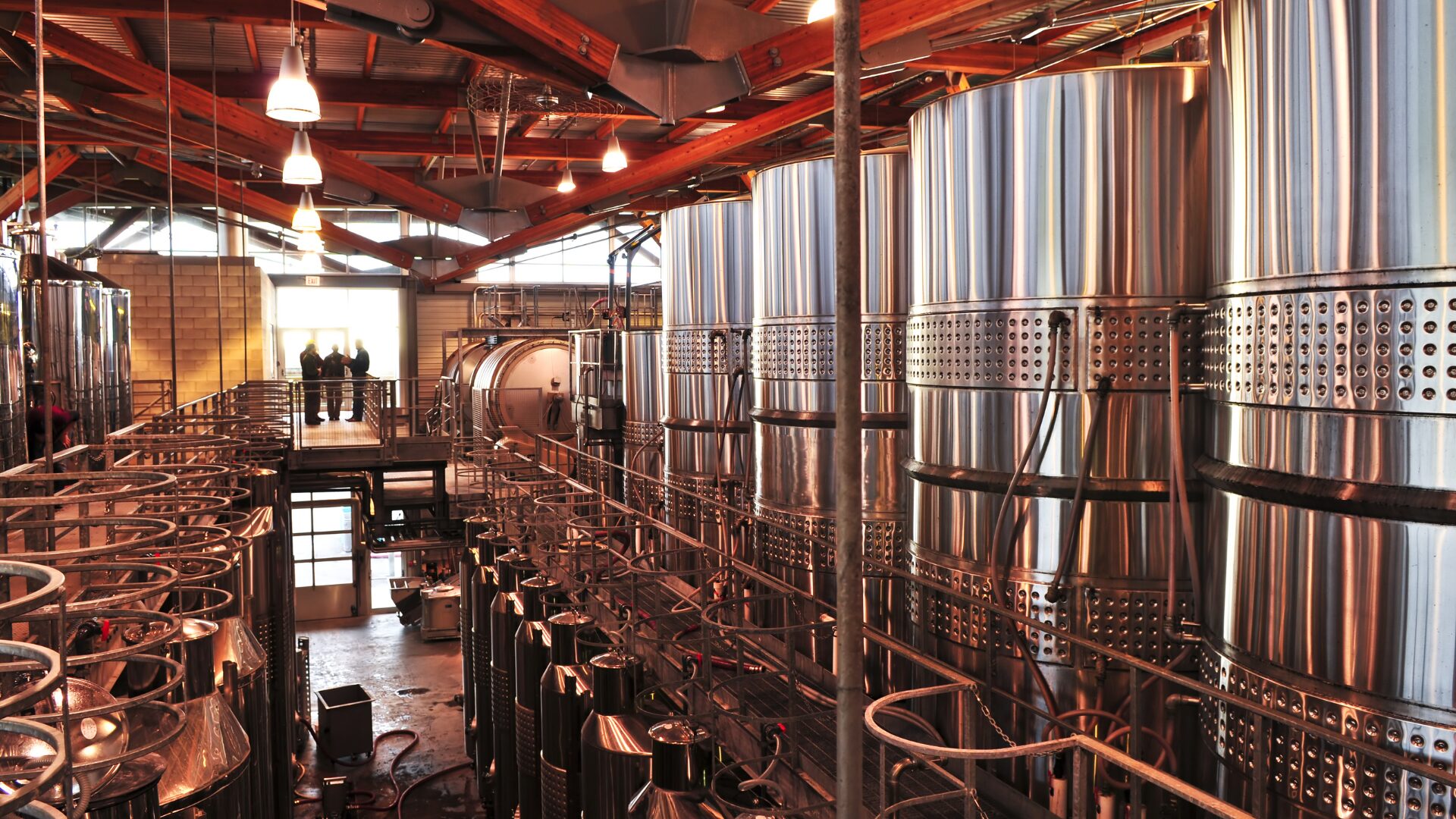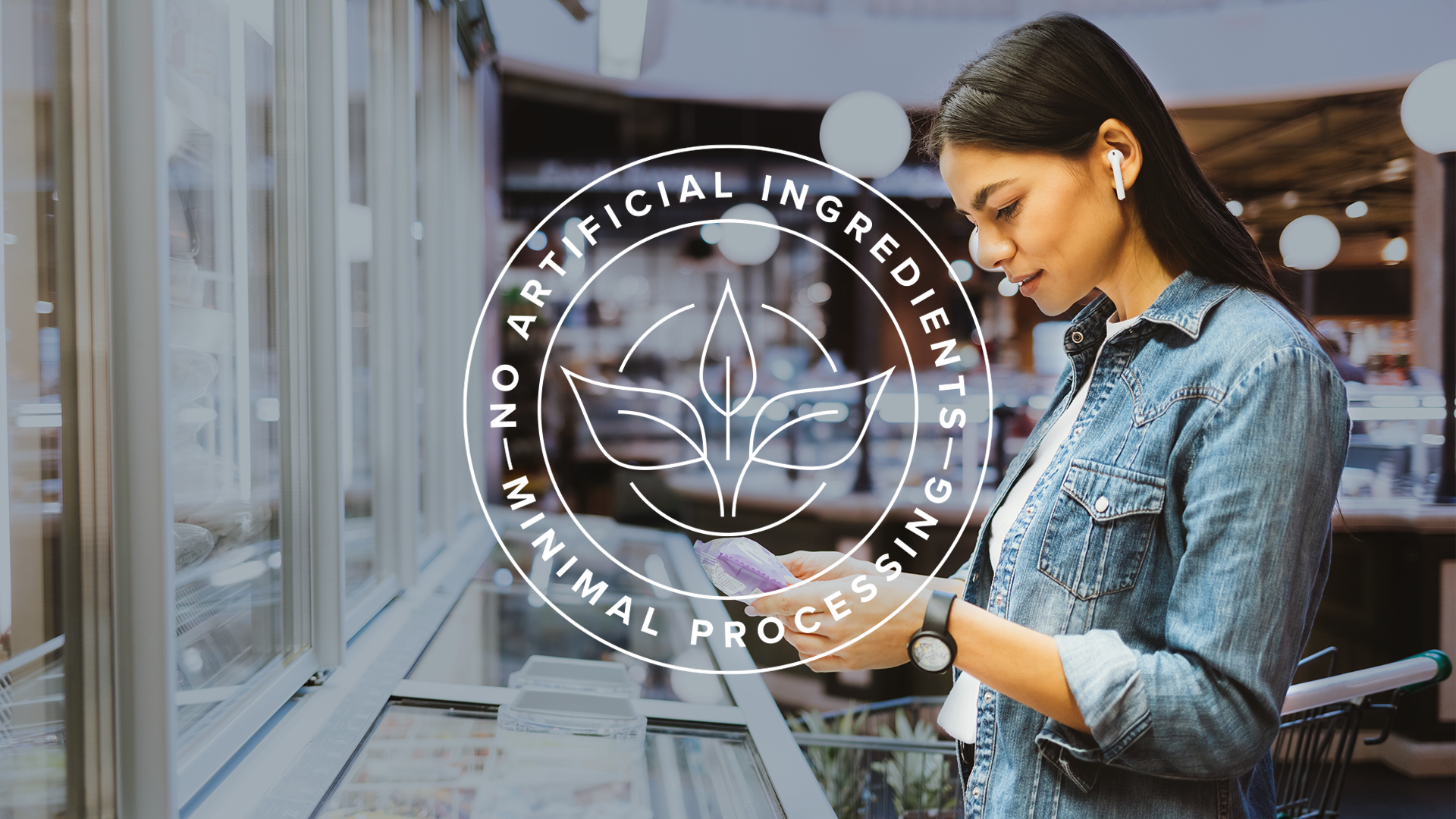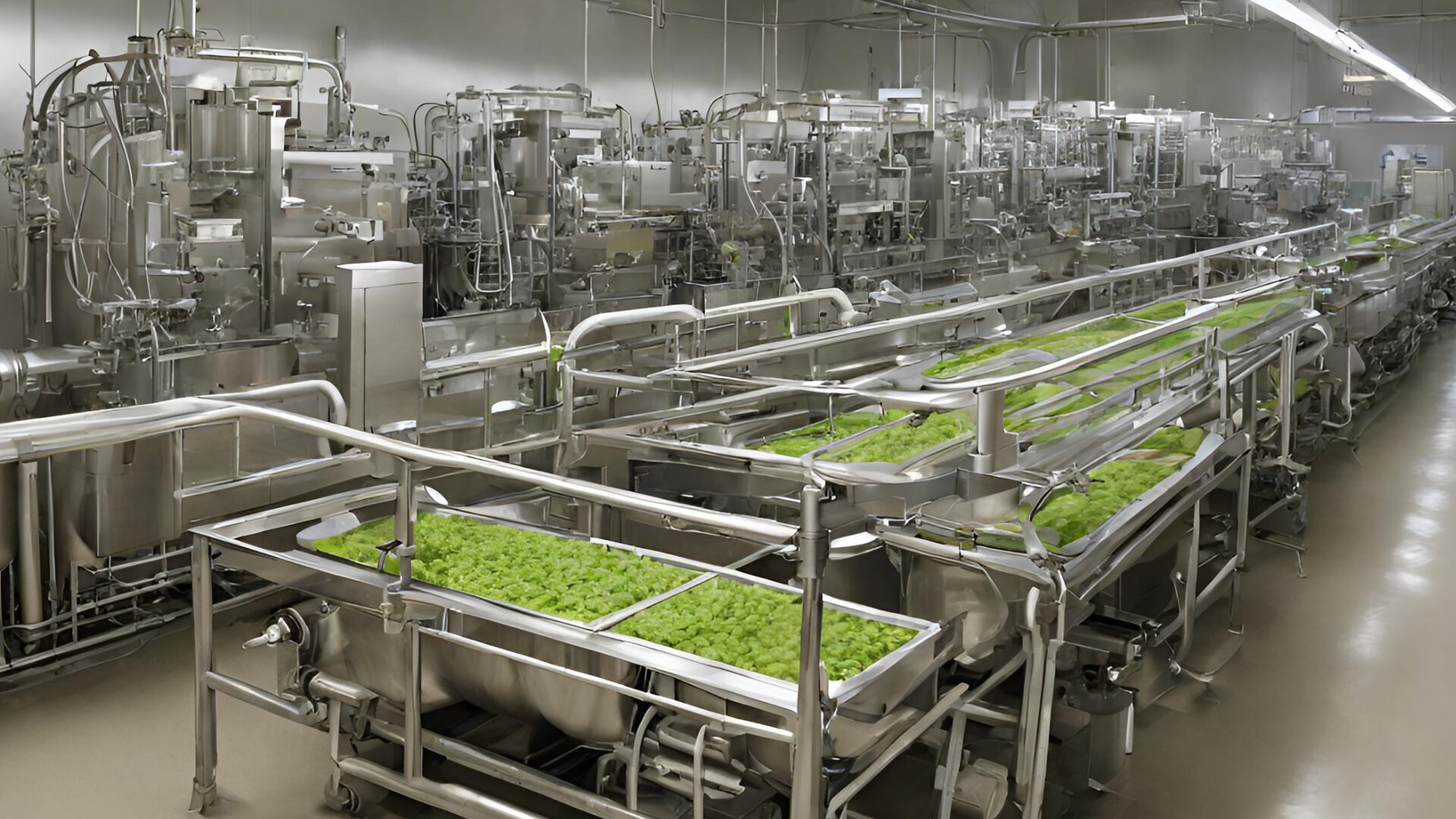From regulatory approvals in animal-free dairy, to a new snack made with air protein, food fermentation is making major moves in the new year. What do these recent headlines, as reported by Better Bioeconomy, signal for the future of food?
Precision Fermentation in the News
Last month, Imagindairy received U.S. regulatory approval for its animal-free dairy proteins and acquired an industrial-scale production plant. The approval makes Imagindairy the third company – alongside Israel’s Remilk and California’s Perfect Day – to attain such clearance for animal-free whey protein.
“This achievement not only highlights the growing importance of alternative food technologies but also exemplifies the transformative potential of precision fermentation in revolutionizing the broader food ecosystem,” Irina Gerry, spokesperson for the Precision Fermentation Alliance, told FI. “Companies are actively focusing on developing foundational industry capabilities, showcasing their commitment to innovation and diversification of protein supply.”
Meanwhile, Liberation Labs and Ivy Tech Community College-Richmond teamed up to launch a biomanufacturing workforce training program. The program is designed to train about 30 employees in precision fermentation in preparation for working at Liberation Labs’ new plant in Richmond, Indiana, set to begin operations later this year.
On the international front, University College Cork launched a multi-disciplinary fermentation research center to advance the Irish food and bioeconomy sectors. SUSFERM, the fermentation research center at UCC, will focus on developing eco-friendly and economically viable commercial operations by optimizing microbial fermentation processes, using sustainable feedstocks, and scaling up in biorefineries.
“Part of scaling up is ensuring that there is enough talent to grow the industry,” Jack Ellis, Senior Associate, Agriculture & Food at Cleantech Group told FI. “Liberation Labs’ partnership with Ivy Tech Community College-Richmond – and the launch of the research center at University College Cork – both show that the groundwork is being laid to develop the fermentation talent pool of the future.”
Biomass Fermentation Developments
In other international news, Solar Foods partnered with Fazer Group to launch chocolate snack bar made with air protein in Singapore. The vegan snack bar contains Nordic oat puffs and 2% Solein powder.
“The addition of Solein to Fazer’s ‘Taste The Future’ dairy-free chocolate not only boosts the bar’s protein content, but also provides added iron, fiber, and B vitamins which are often lacking in similar vegan products,” said Ellis.
Finally, Bolder Foods introduced a mycelium-based ingredient, MycoVeg, which offers creamy, buttery textures and umami flavors for cheese alternatives.
“Bolder Foods is positioning MycoVeg not necessarily as an end product in itself, but as an ingredient that can improve the mouthfeel and texture of other companies’ plant-based cheeses, making them more reminiscent of their animal-derived counterparts,” said Ellis.
“Taken together, the news of Fazer Group’s chocolate bar collaboration with Solar Foods, and Bolder Foods’ new MycoVeg product, really demonstrate the versatility of advanced fermentation technologies; that they can be used to create fermentation-derived end products, but also as ingredients to improve other types of alternative protein products.”
Fermentation Outlook
“Fermentation has the potential to reshape general consumers’ relationship with plant-based foods through its ability to create new novel ingredients for the industry, such as authentic animalic fats – without the animal,” said James Petrie, Founder & CEO of Nourish Ingredients, to FI. “From a sustainability angle, it should be appealing for mainstream consumers to adopt plant proteins, yet taste still remains the largest bottleneck for adoption.”
“Production capacity has arguably been the main roadblock to greater availability and more competitive pricing of fermentation-derived protein products, and these developments can be seen as encouraging signs that the industry is gradually scaling up,” Ellis concluded.












